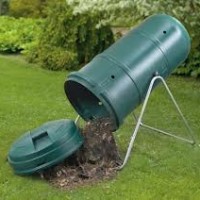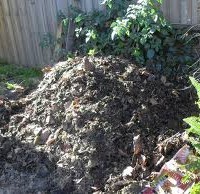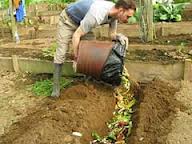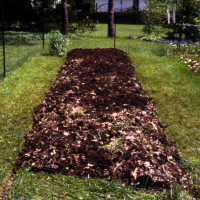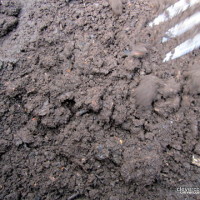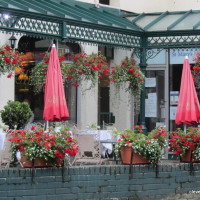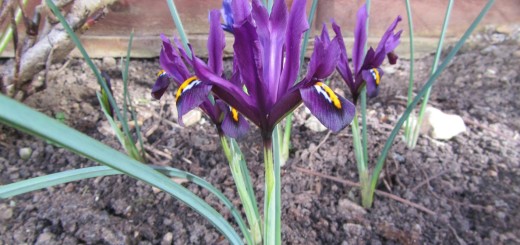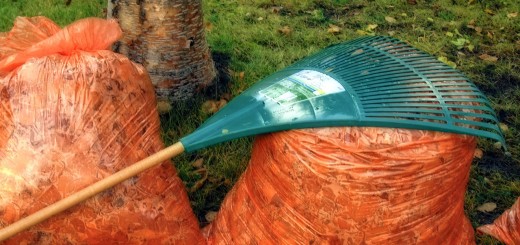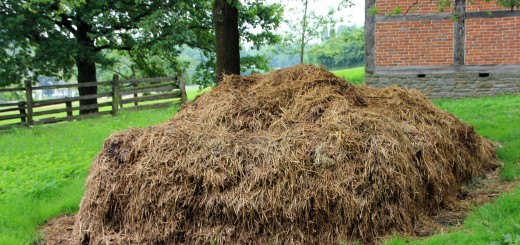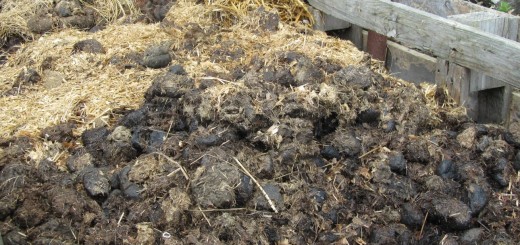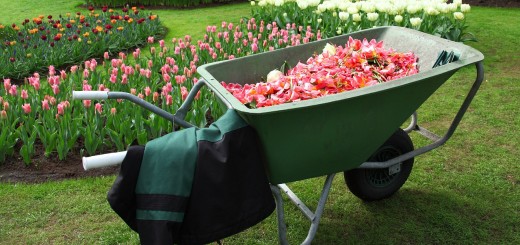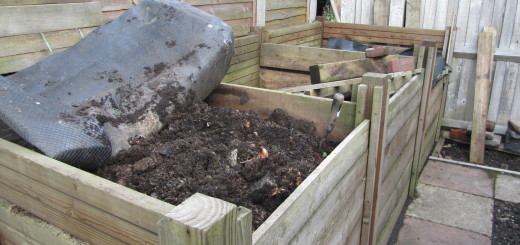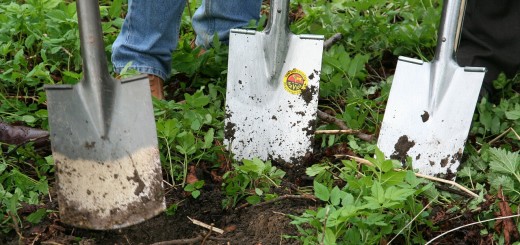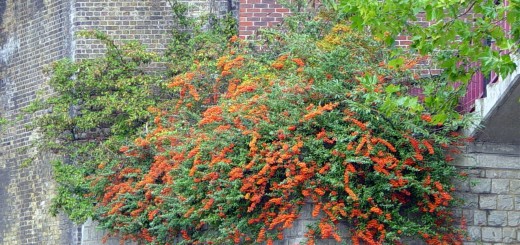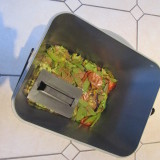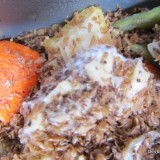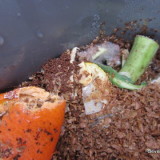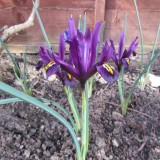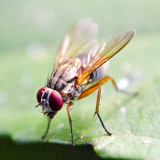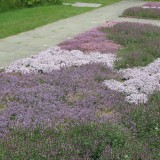On This Page
The community
Meanwhile, back in the garden…
Bins
I don’t want to use a bin
Points to consider
Using your compost
The Community
If you have decided that you need learn a bit more about composting – if only to get your hands on some free fertilizer and compost – garden composting, rather than community composting, is probably what will interest you most. However, it is good to realise that our individual efforts qualify us as members of a world-wide network of composting enthusiasts who operate from an industrial level shifting mega-tonnes of garbage, all the way down to the person making Bokashi in their kitchen. Whatever our motives, we are all helping to make some sense of the mess we are in when it comes to dealing with our organic waste.
If you are committed to the larger picture, then your interest may lie with garden composting on a community level, or on programmes in schools, where children are introduced to garden composting through worm farming, for example. This is a great method of raising awareness of the environmental damage that can be done through poor or non-existent habits of garbage disposal and practical education such as this can have an enormous influence on social behaviour. My personal thoughts are that every school should be doing this in a very serious and organised way. Certainly every school kitchen should be composting its organic kitchen scraps as should every hospital.
Meanwhile, back in the garden….
While the rudiments of all composting remain much the same, there are several different methods to choose from when it comes to planning your own programme.
The most obvious option is to do your garden composting in a pile at the bottom of the garden. Garden composting done in this way is as old as the hills and certainly can bring success. there can be problems though, not least from marauding animals wanting a feed. It is also not so attractive if it is in full view of all and sundry and if it should get a bit whiffy, your neighbours may not be too enthusiastic! So – if that proves too messy, you could try bin composting.
Try Binning it!
Bin composting has the advantage of keeping things under control, while at the same time offering protection from the elements and those hungry animals. Single bin composting is the most usual choice when starting out, but if you develop an enthusiasm for the whole process, you could graduate from there to a multi-bin system. Bin composting can also be done in mechanically rotating units which help to cut down some of the physical labour that goes with the more complex methods such as hot composting. There are barrel composters and there are others slung on a vertical or horizontal axle that can be turned with a handle thus minimising the amount of turning with a pitchfork. There is a whole heap of garden composting containers available, either commercially produced, or DIY, if you have the necessary skills.
I don’t want to use a bin
If you do not want to do bin composting, you can indulge in one of the several methods of composting straight into the garden, such as trench composting or sheet composting. This is sometimes called Soil Incorporation.
Trench composting involves digging a trench, dumping your organic rubbish directly into it, then covering it over and leaving to rot down. This method is often used in large projects and in decent sized gardens. You do need a bit of space to manoeuvre as you cannot use that ground for planting for some time, at least until the detritus has properly decomposed. Sheet composting belongs to the same family as lasagne composting, and here you add layers of suitable materials directly on the soil surface. Then, when everything has decomposed, you plant directly into the result. Using your compost in this way is very efficient, and is a great way of bringing in areas of garden that have not been cultivated before especially if the ground is difficult to work. Sheet composting is particularly popular with those who are conscious of the release of carbon when digging and who, for whatever reasons, support the idea of the no-dig garden.
Alternatively, a further option is a bin buried in the garden, open at the top to allow the depositing of rubbish and at the base, providing direct access to the loam beneath and the useful creatures that live there.
Points to consider
The size of your garden and the amount of space you have available, along with the amount of waste you generate will definitely influence your garden composting. If you have a large garden with screening shrubs and plenty of room you will be able to indulge in larger projects, using the above-mentioned trench composting and sheet composting techniques, along with the other in-ground systems that need space. There will also be less need to keep your piles out of sight and smell (not really – joke!) of picky neighbours, which means that you can use just a basic pile if that is what suits you.
Garden composting in smaller areas and with limited access to good ingredients, needs different solutions. You may find that soil incorporation is impractical, especially if there are well-established plantings. Raw compost can burn young roots and can lead to nitrogen depletion in that area of your garden. It also needs to be well covered to avoid the attention of scavengers. This is difficult without room to manoeuvre. Sheet composting and trench composting can be carried out in dedicated areas like raised beds, though my small urban garden would be more suited to having already cured compost applied as mulch.
It is an important process, deciding just how you will proceed and you will find plenty more details to guide as you continue through these pages.
Using your compost
Sooner or later, after various stops and starts and maybe a bit of a sore back, you will find yourself with a quantity of beautiful black, friable ‘stuff’ and you will have to make a decision about using the result of your garden composting project to its best advantage.
If you have used quality ingredients, and a variety of types of waste, using your compost as a fertilizer and a soil amendment will be the obvious path. This may need enriching in some way with a natural product such as blood and bone, or lime for example, depending on your soil type and what you intend to grow. This is something you should be aware of if you are a serious gardener. When starting out, however, it is not a crucial factor. Just enjoy the feeling of being able to use something that you have been instrumental in creating.
You may decide that using your compost as mulch, rather than spading it in, would suit you. Spreading it around the roots of your plants will help to protect them from erosion, drought, flooding and freezing. It will also fertilise and give shelter to small creatures that busy themselves in that environment. The action of worms and other invertebrates will work on the compost and gradually it will be pulled down into the earth where it will do its job around roots and on the soil itself.
You may be a pot-plant enthusiast. Garden compost makes a great base for a variety of potting mixes as a basic ingredient of special recipes for raising seeds, striking cuttings, growing orchids and just plain old growing veg and flowers. Vermicompost (worm compost) makes an excellent top-dressing for container-grown plants and of course, let us not forget the benefits of using your compost in the form of a tea. This tea is easily made by constructing a type of giant compost tea-bag using muslin, or cheese-cloth, and letting it soak for a day or two in a bucket of water. The liquid may then be used as a spray. Again, full directions and a variety of recipes are readily available.
Garden composting is a popular and satisfying hobby for many and can become a driving force for a select few. Using your compost and seeing the benefit it offers to your own plants is a source of real satisfaction. It is astonishing how easy it is to become quite obsessed with it and to realise, as I eventually did, that every morsel of organic waste I clap my eyes on is now silently weighed up as belonging to the worms, to the Bokashi or to the dalek bin. That, along with the disappearance of the ‘Yuck’ factor, came as quite a shock!
Resources:
How to Make and Use Compost – The Ultimate Guide, Nicky Scott. Green Books
Let it Rot! The Gardener’s Guide to Composting, Stu Campbell. Storey Publishing
The Compost Specialist, David Squire. The Specialist Series – newhollandpublishers.com

